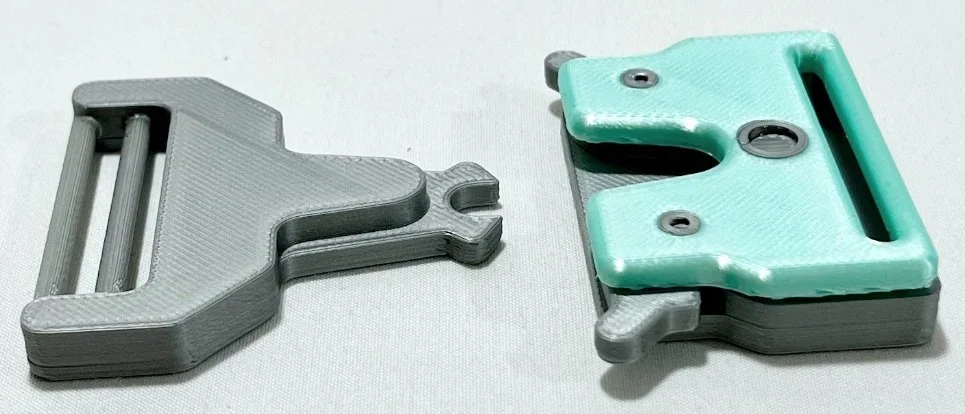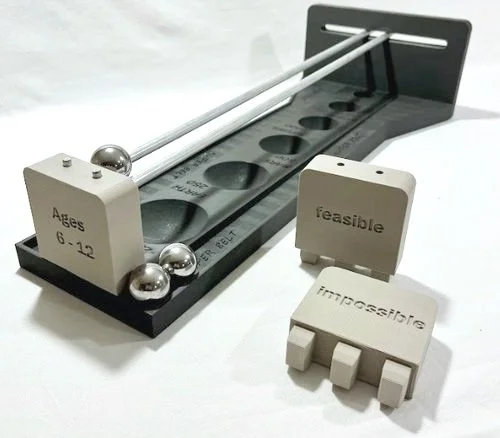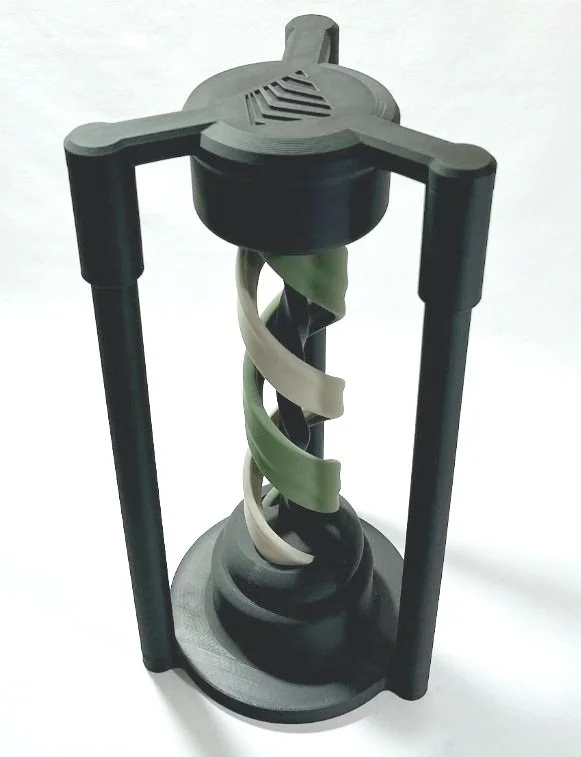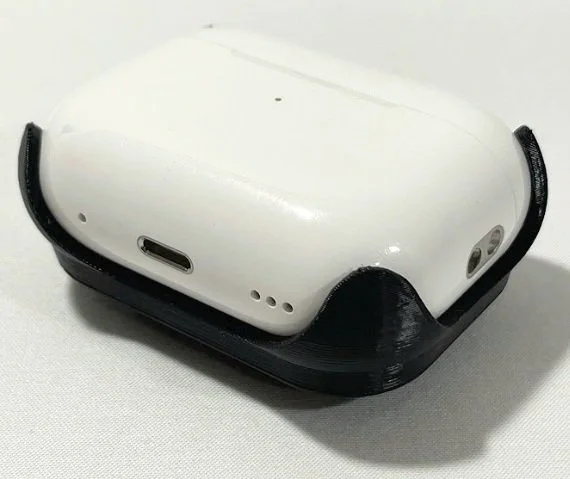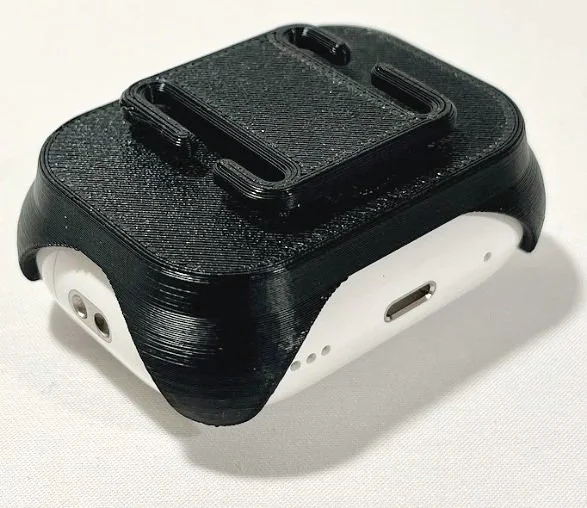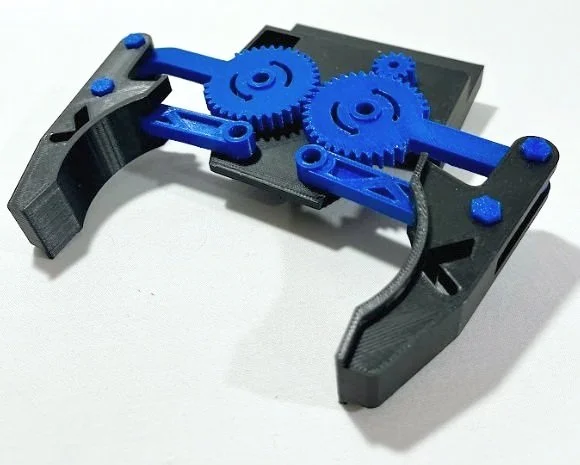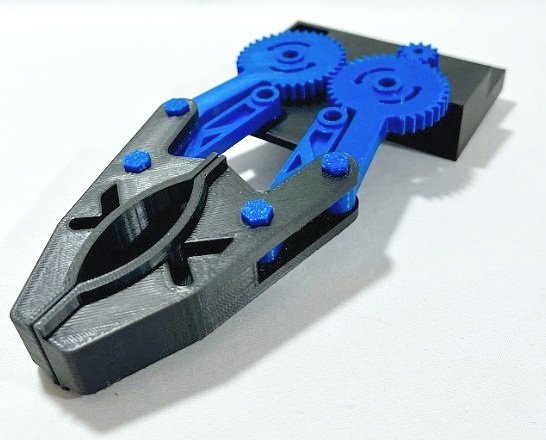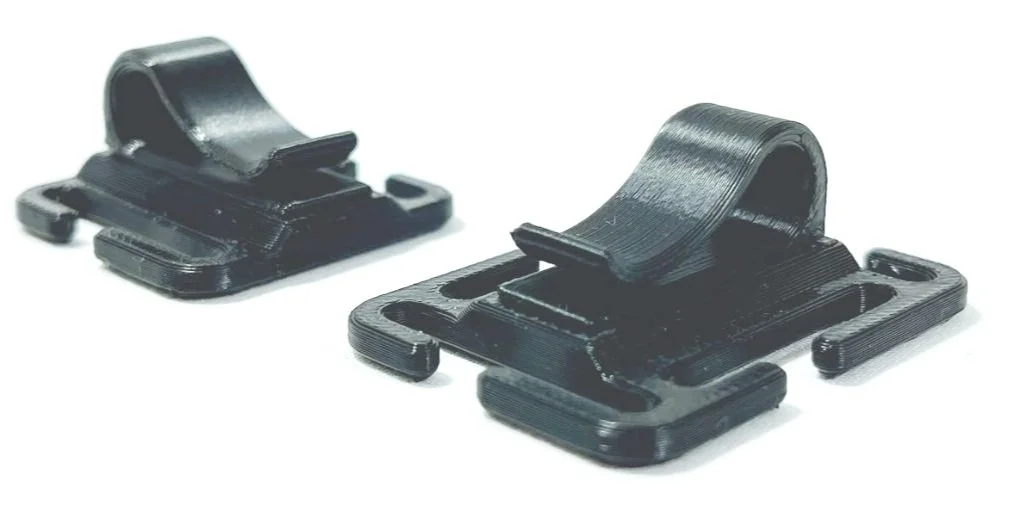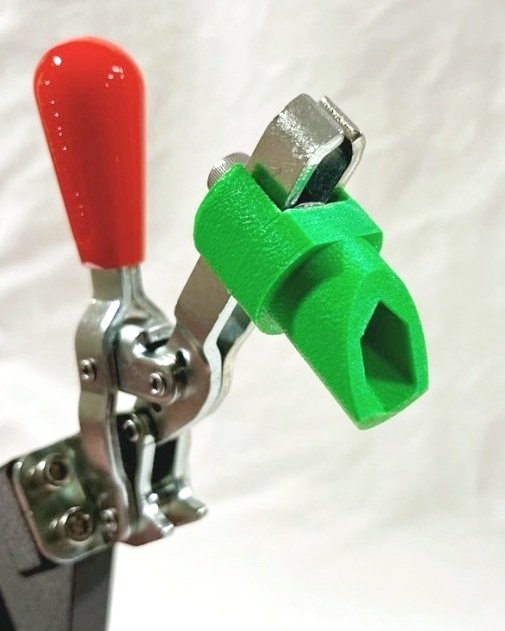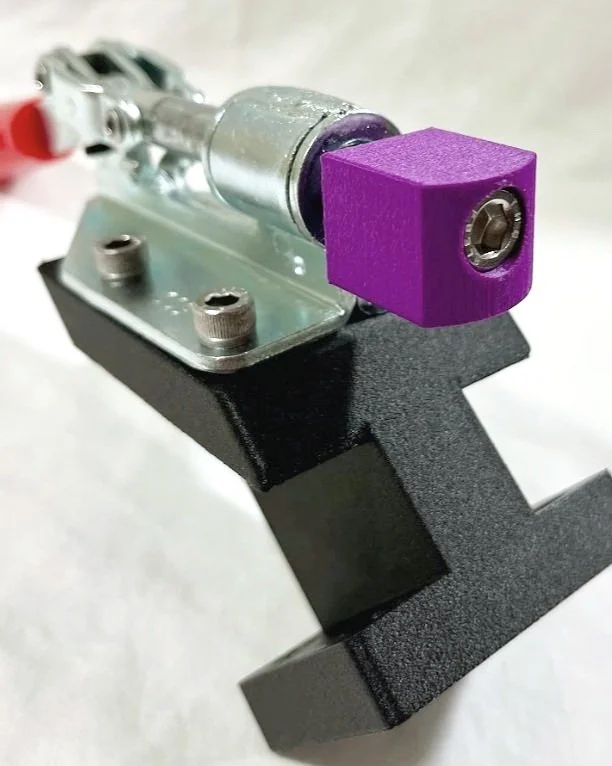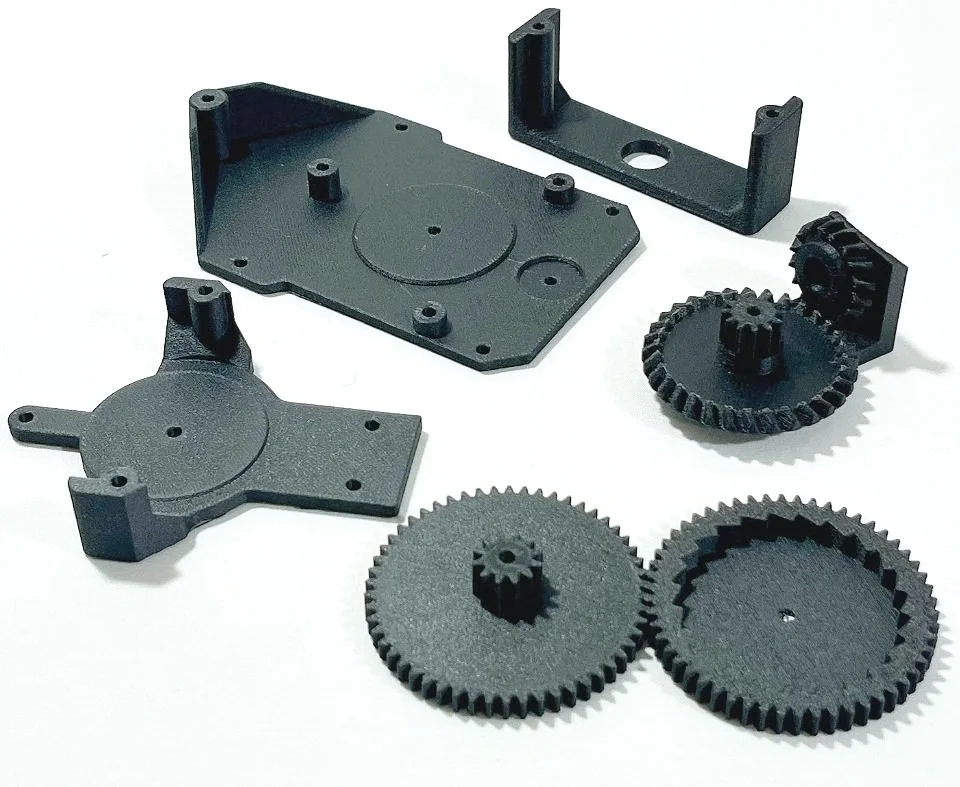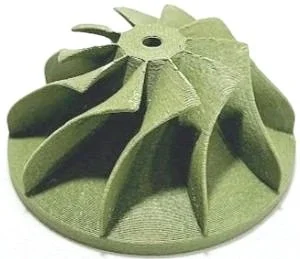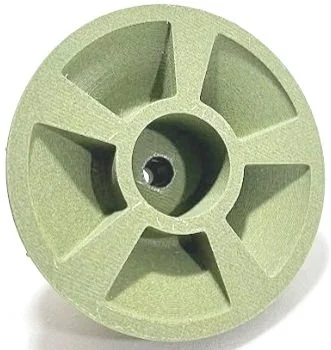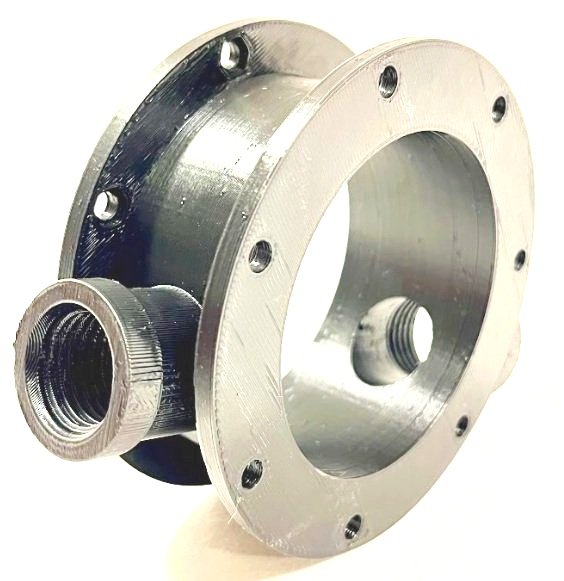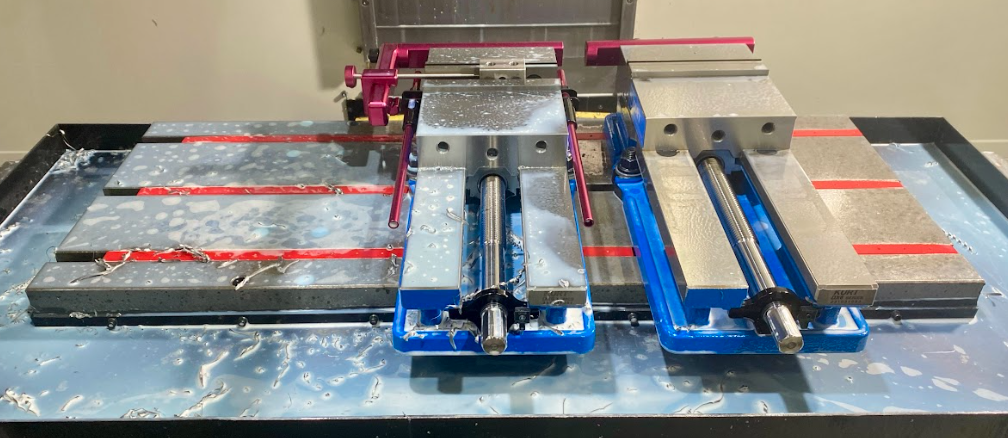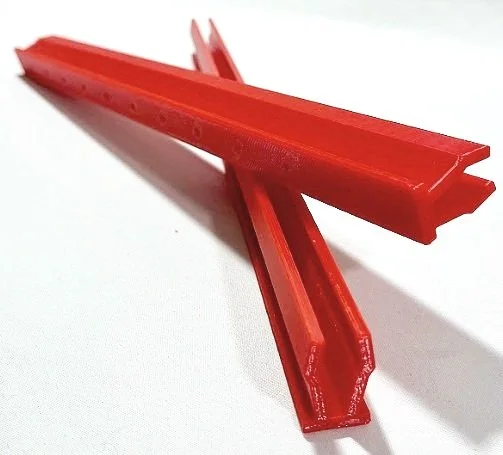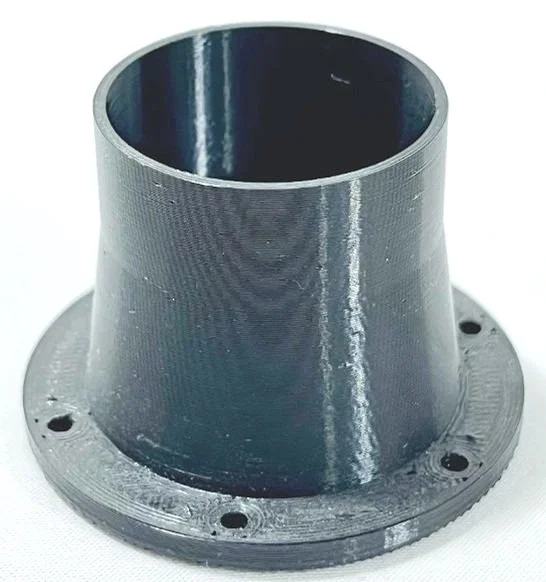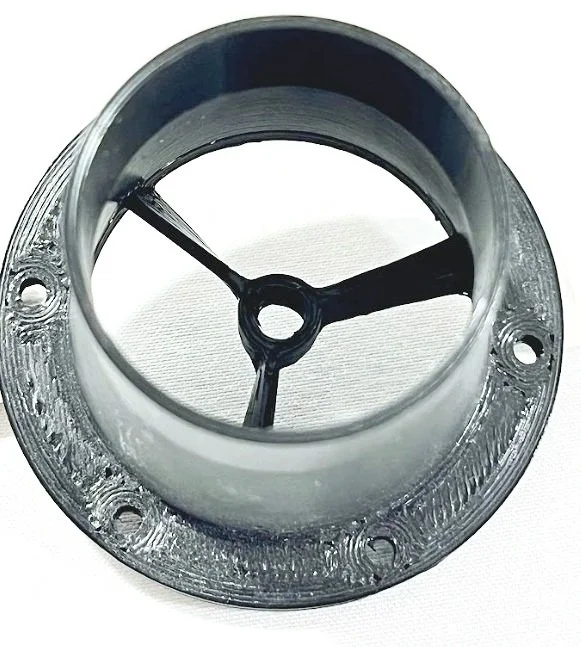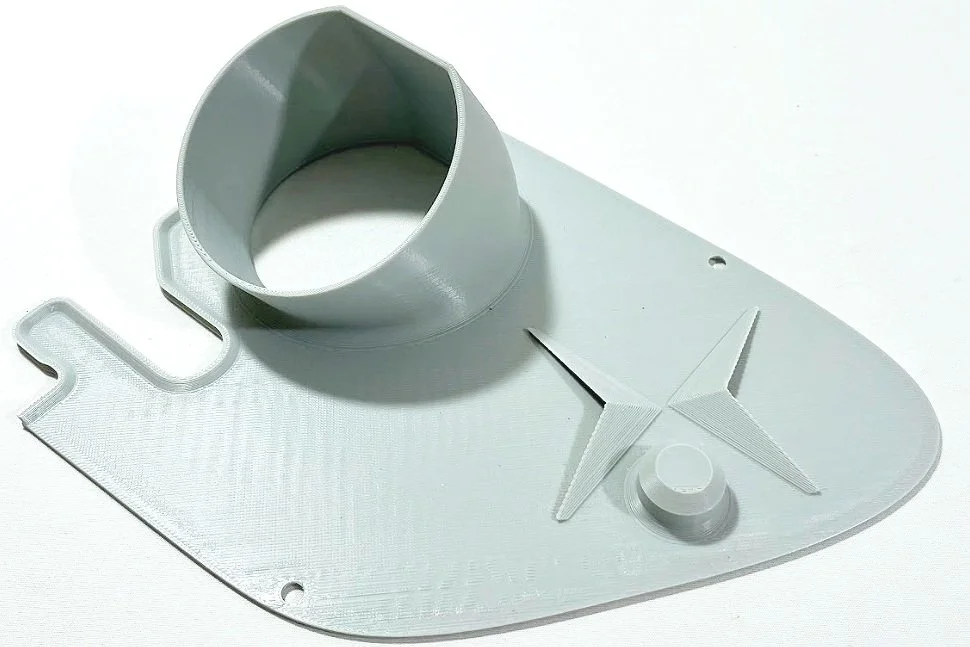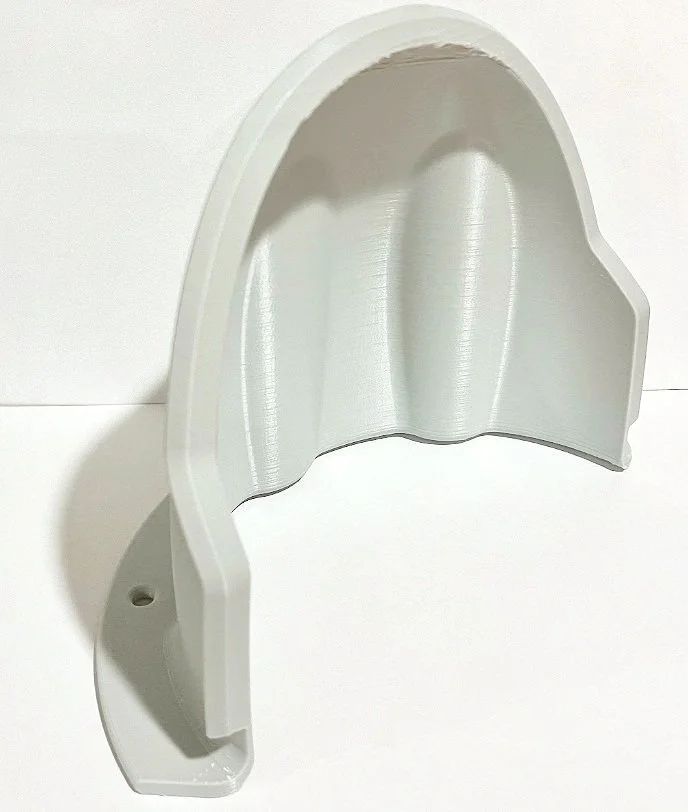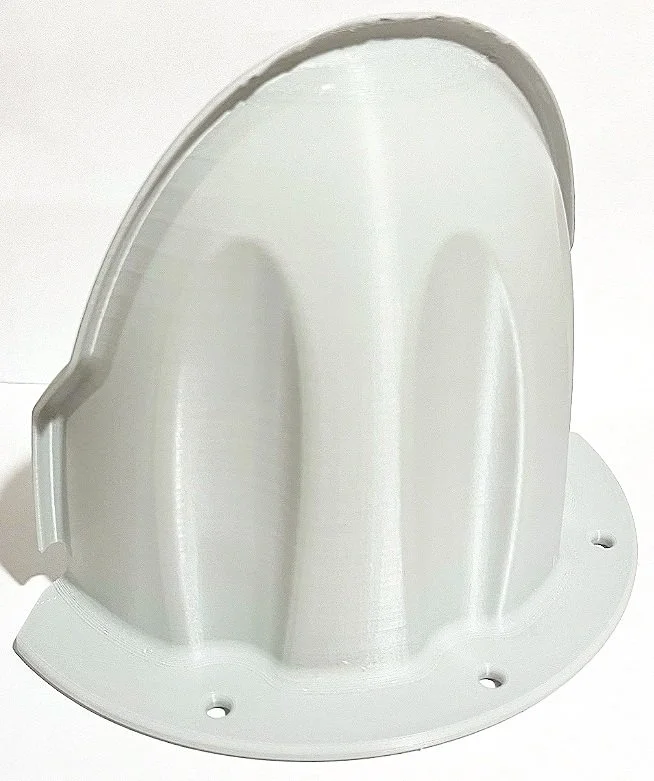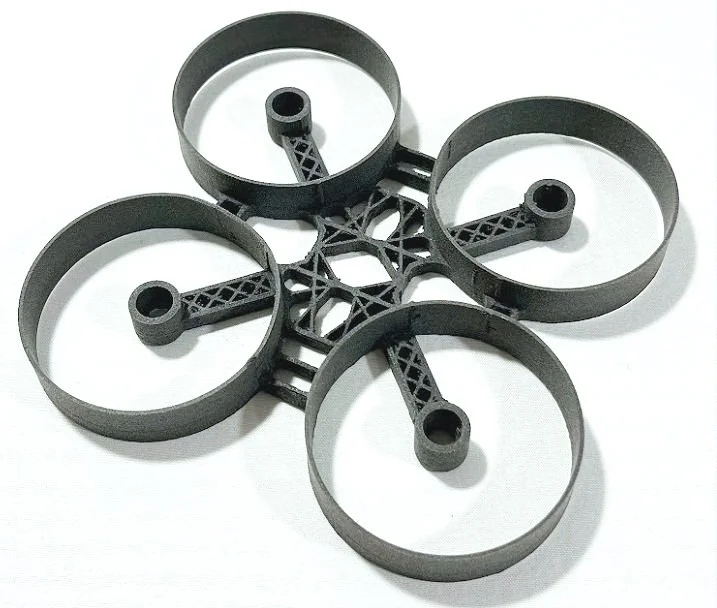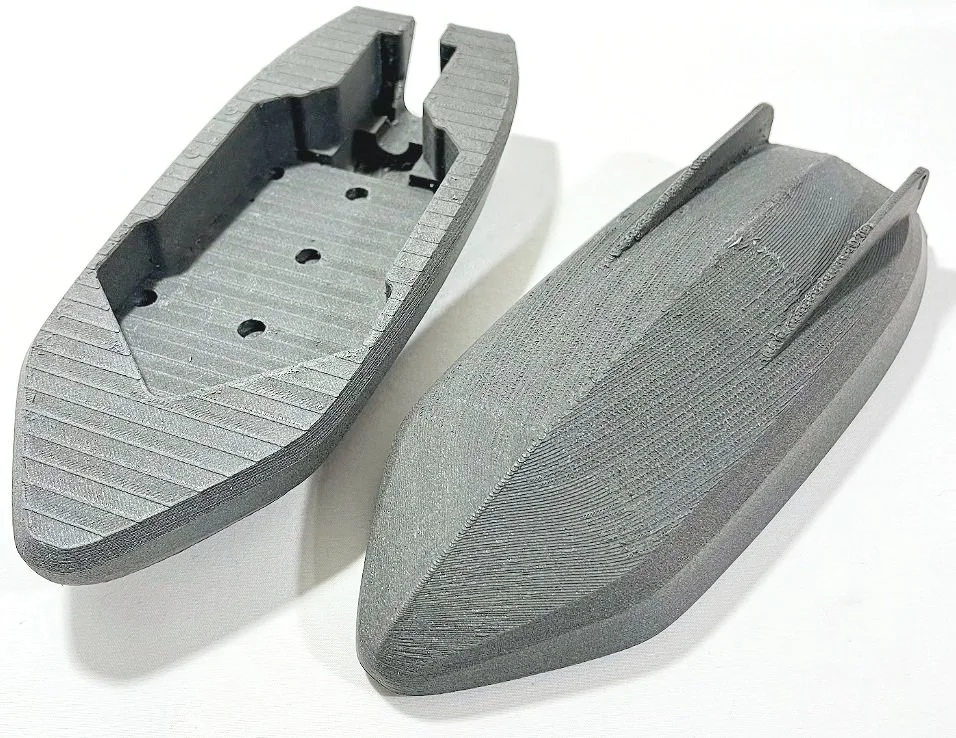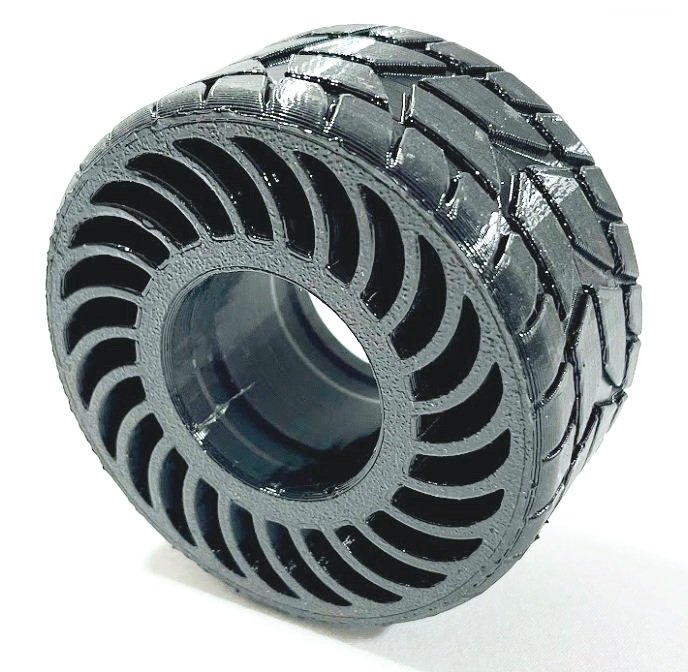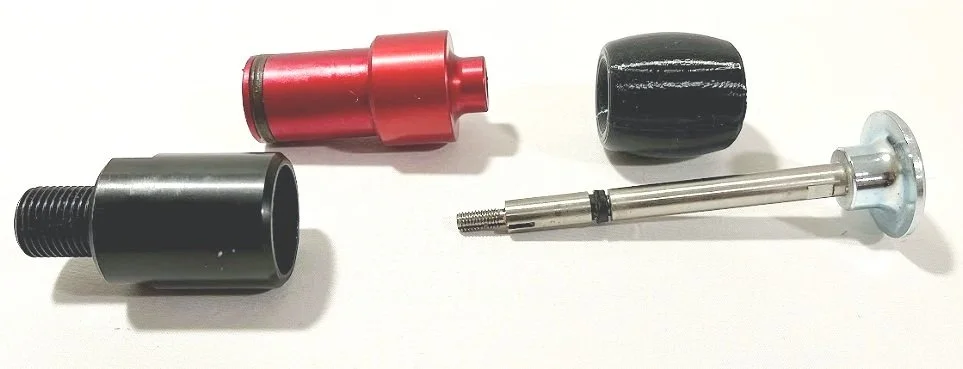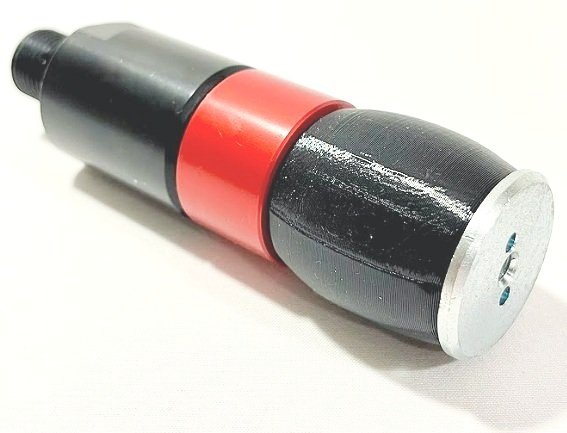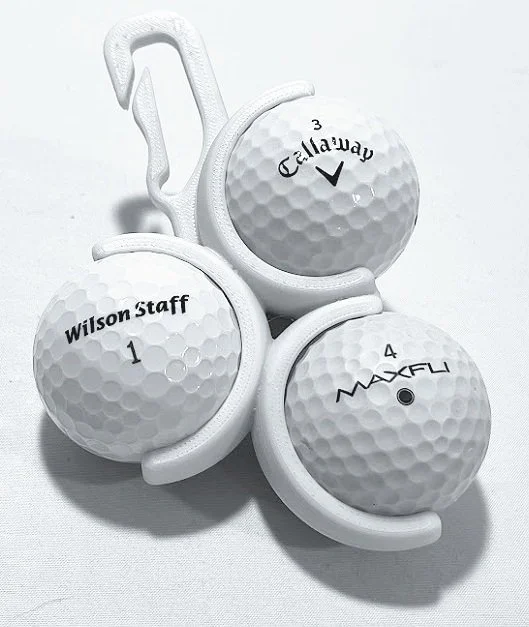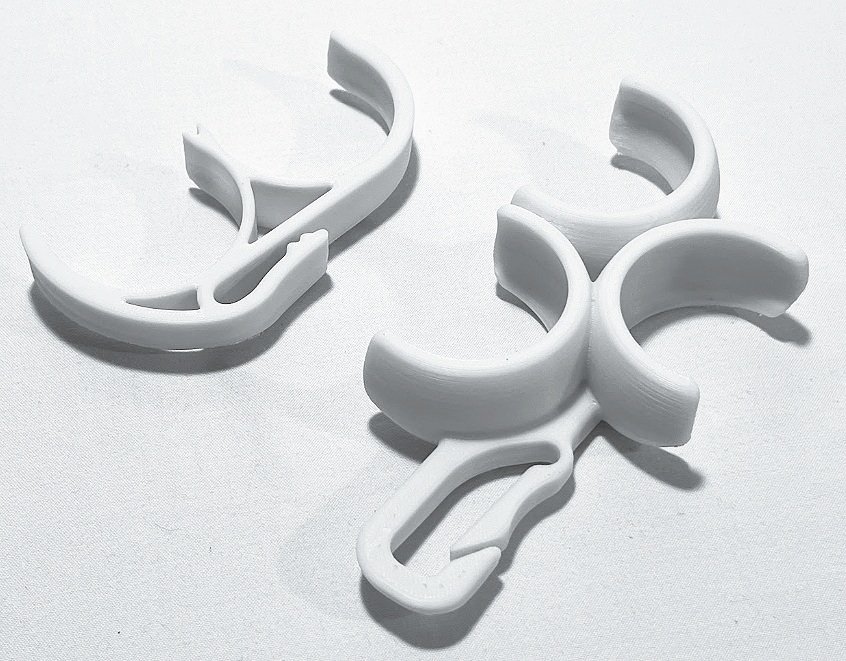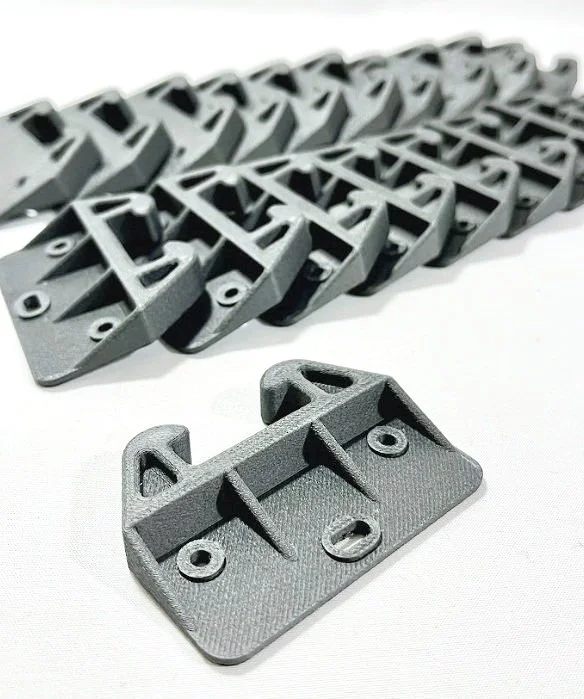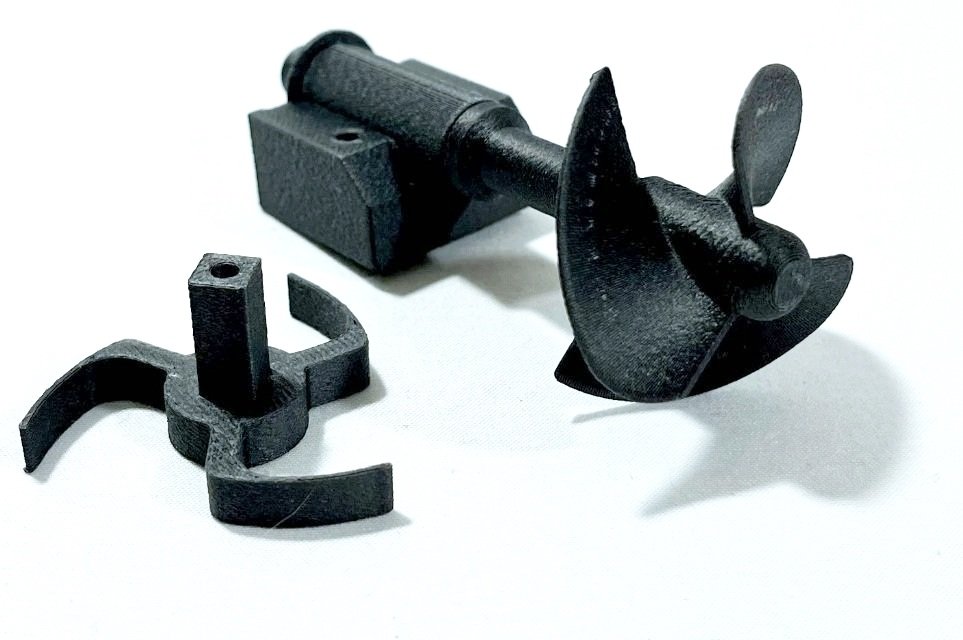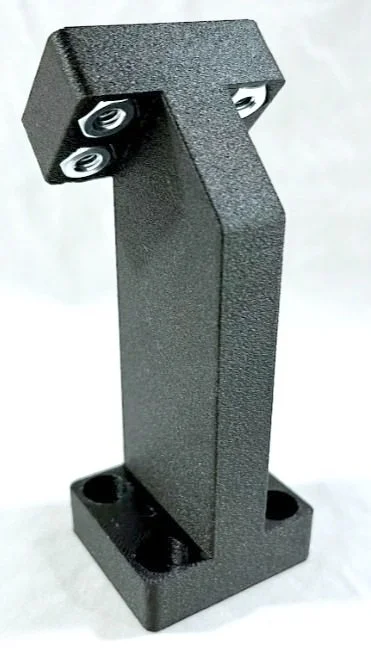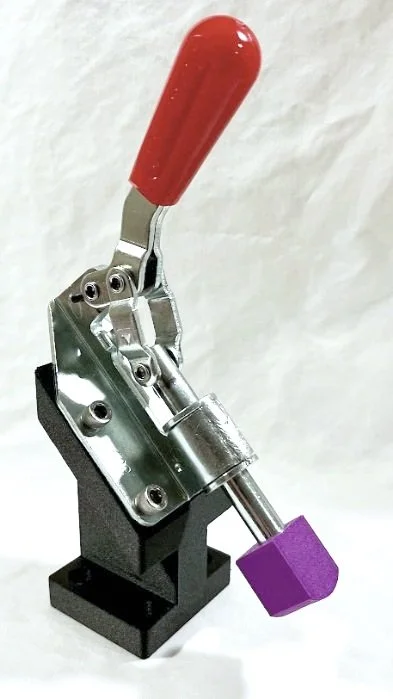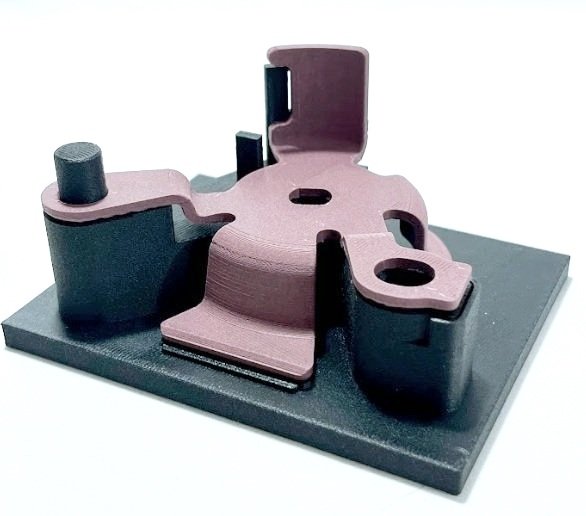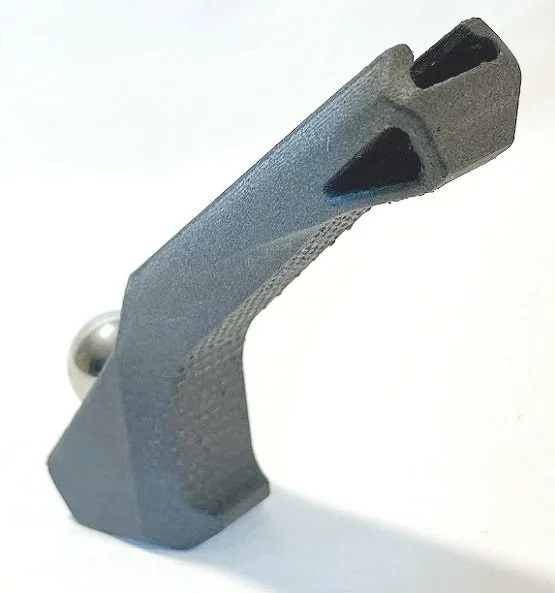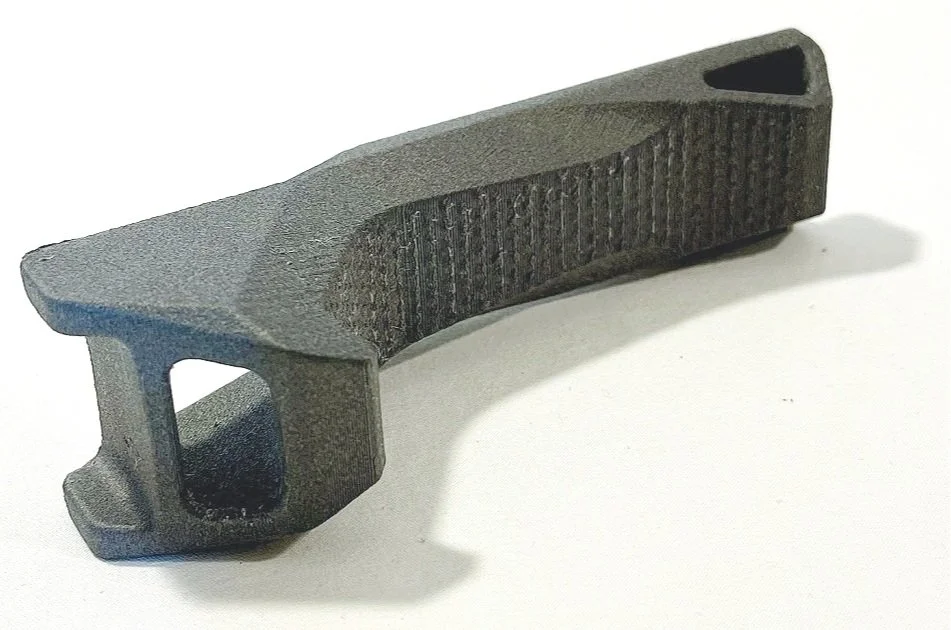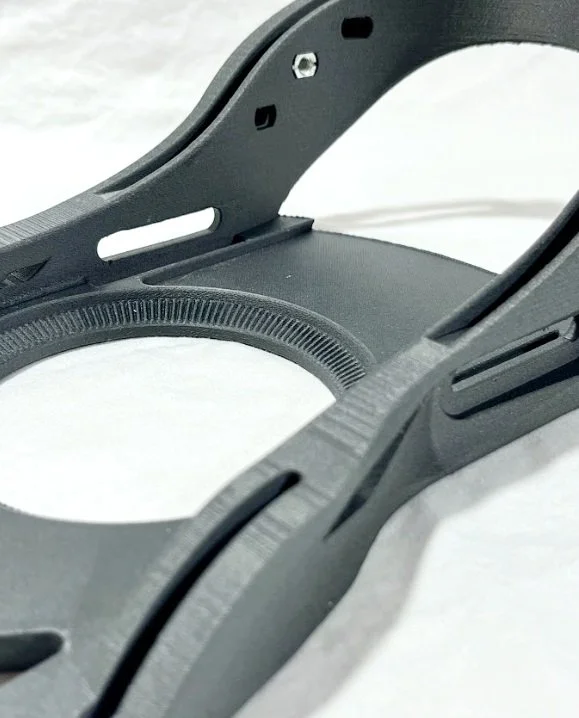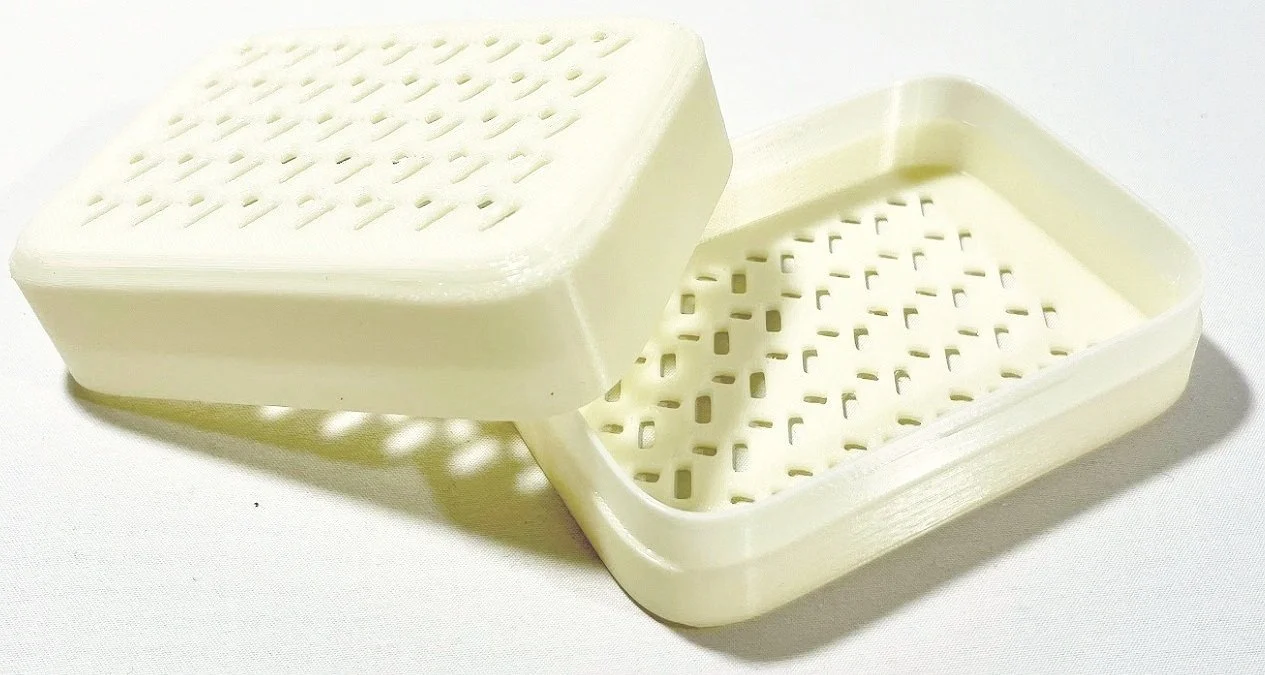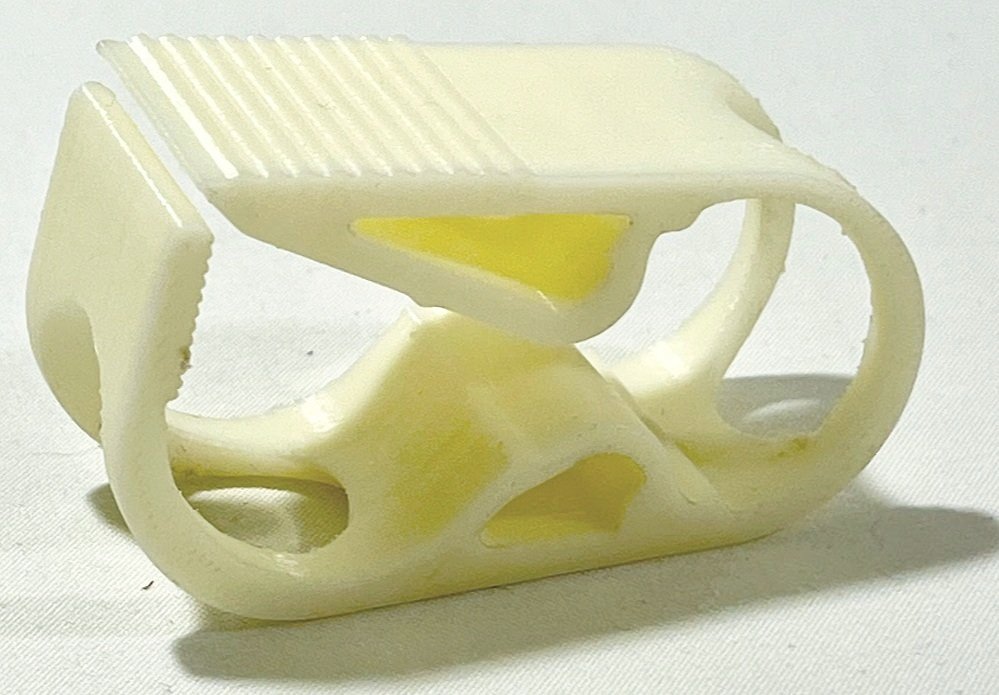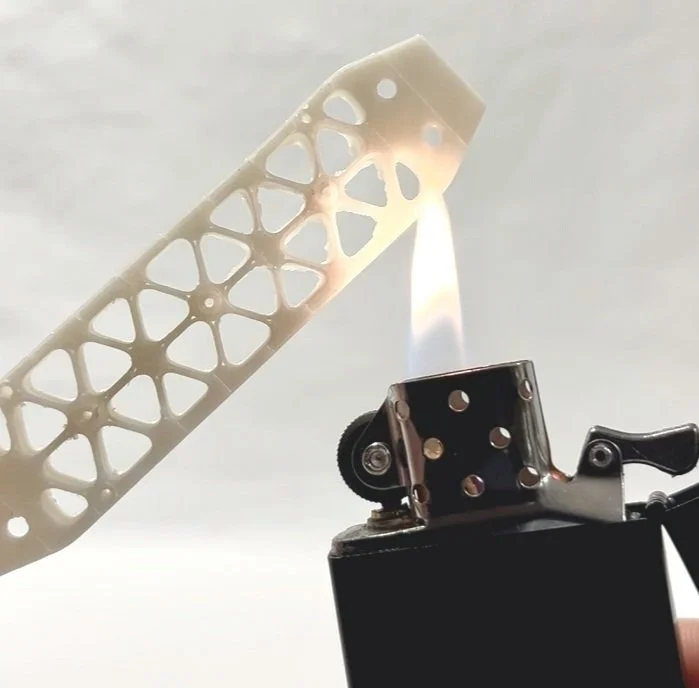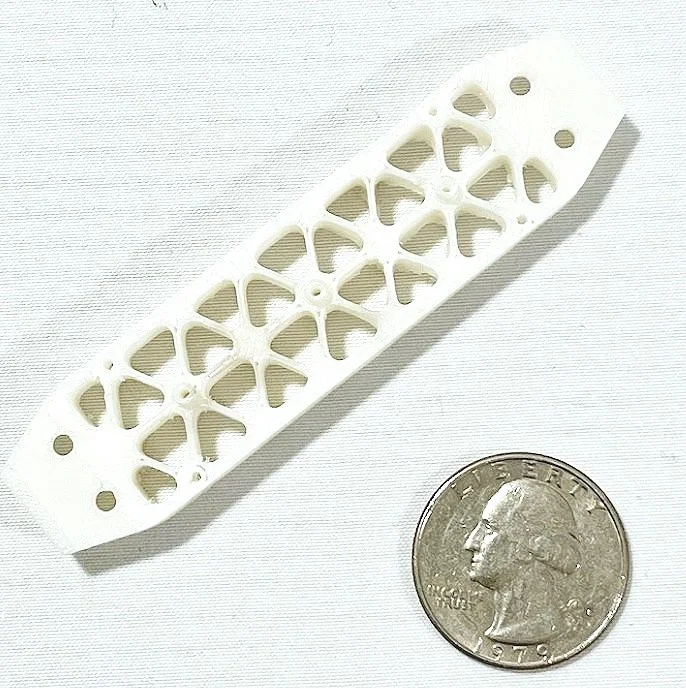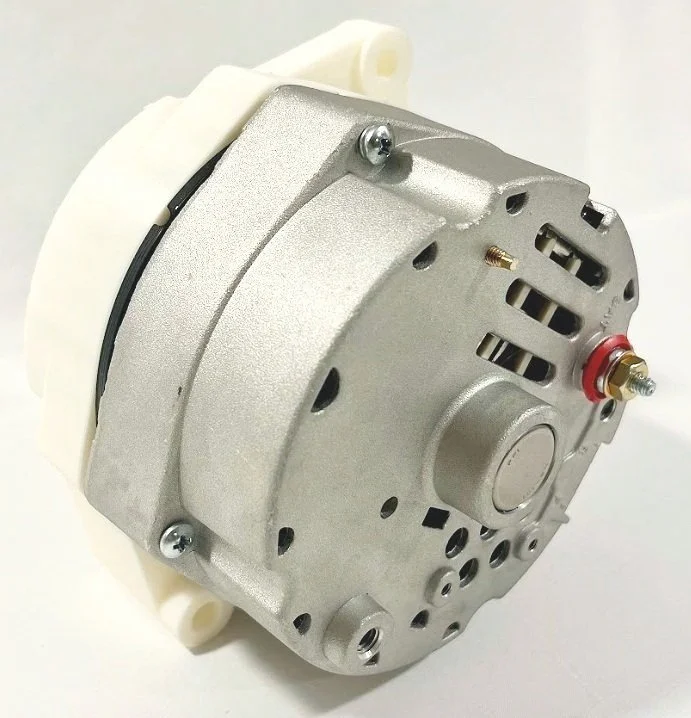3D Printing
SCD's 3D printing service leads in customized additive manufacturing and confidential prototyping at the most competitive price.
Printing Accuracy: +/-0.1 mm (0.004 in)
Materials in all different colors
Common: PLA, ABS
High Performance: ABS-GF25, PLA-CF, PETG-T, ASA, ASA-AERO, TPU95A-HF, PP
Industrial Grade: PPS-CF, PAHT-CF, PAHT-GF, PET-CF, PET-GF, PA12-CF, ULTRA PA Nylon (PPA), PC/ABS-FR
PLA Standard, Matte, Silk, or Metal (polylactic acid)
Fast, Rigid, and Economical Design Verification
PLA offers strength and heat resistance ideal for low-cost, quick rapid look-like prototyping in a wide range of colors. PLA is a stiff thermoplastic made from renewable resources, Perfect for quick concept verification at a low cost. Rigid, strong, but brittle. PLA is a corn-based plastic and is considered biodegradable under industrial processes. Due to its eco-friendly features, it is well suited for food packaging applications and for surgical and medical applications. Less resistant to heat and chemicals.
Advantages
Easy to post-process
Biodegradable
Many colors available or can be colored easily
Disadvantages
Not really durable
Becomes softer at around 140°F (60°C)
Bad UV light resistance
ABS Standard or Metal (acrylonitrile butadiene styrene)
Smooth, Durable, Heat-Resistant
ABS is one of the most popular materials for injection molded consumer products due to its clean surface finish, durability, and heat resistance. For this reason, it is often used for prototyping consumer products that will later be injection molded. ABS’s durability and high heat deflection temperature also make it a good material for use in the lab or on the factory floor.
ABS is a thermoplastic polymer produced by the fusion of styrene and acrylonitrile in the presence of polybutadiene. ABS is a suitable option for parts that need to resist cyclic loading and temperature changes. Some typical applications of ABS in 3D printing are surgical models, prototypes, toys, and kitchen appliances.
Advantages
Stiffness and durability
Recyclable
Easy to post-process (machine) and paint
Abrasive resistant
Withstands higher temperatures 185°F (around 85°C)
Many colors and composites available
Disadvantages
UV sensitive
ABS-GF25 (acrylonitrile butadiene styrene - glass filled)
Impact strength, Heat and Chemical Resistant
Glass fiber reinforced ABS is ideal for engineering prototypes and end-use parts that require mechanical parts. The glass fiber reinforcement provides significant improvement in stiffness, toughness, strength and heat resistance. Prints made with ABS-GF are characterized by their hardness and high impact strength. They are also resistant to high temperatures and abrasion. These properties extend the applications of ABS.
The benefits of ABS-GF are certainly appreciated by designers and engineers. The prints can be used to create conceptual models for new products or even the final version. Ideal for structural engineering-grade applications. Jigs, fixtures and manufacturing tools.
Advantages
Stiffness and durability
High strength-to-weight ratio
Heat and chemical resistance
High dimensional stability
Can be machined
Many colors available
Disadvantages
UV sensitive
PLA-CF (polylactic acid - carbon fiber)
Stiff, Lightweight, Durable
Carbon Fiber PLA is known for its high strength-to-weight ratio, making it suitable for producing lightweight yet durable parts. It offers excellent stiffness, which enhances the structural integrity and dimensional stability. Perfect for printing frames, supports, propellers, and other non-bending items. Widely used in aerospace (wing spars, airplane hulls), automotive (wheels, chassis), and equipment (tennis racquets, bicycle frames) industry.
Advantages
Easy to post-process
Biodegradable
High strength-to-weight ratio
Many colors available or can be colored easily
Disadvantages
Bad UV light resistance
PETG-Tough (polyethylene terephthalate glycol)
Chemical Resistant, Durable
PETG is a petroleum derivative thermoplastic from the polyester family. Designers and engineers are taking advantage of its unique properties, such as transparency, moisture resistance, and chemical resistance, to create attractive applications for liquid containers, food storage, graphic displays, prototypes, and textiles.
While available in a range of colors, PETG’s glycol addition removes haziness to give it a nice translucence. The glycol also increases the strength and heat-resistance compared to PET. From the machine shop to the lab, PETG is excellent for all waterproof applications and snap-fit components.
Advantages
Food-safe and recyclable
Has some flexibility
Moisture resistant
Quite tough and shock-resistant
Can be post-processed (machined) and painted
Many colors available, can be semi-transparent
Disadvantages
Medium heat resistance
Becomes softer at around 158°F (70°C)
ASA (acrylonitrile styrene acrylate)
UV and Weather Resistant, Durable
ASA is the perfect all-purpose 3D printing thermoplastic, suitable for many different applications. It has a similar chemical makeup to ABS plastic but offers three improvements: better mechanical properties, superior aesthetics and it’s UV resistant.
ASA adds the benefit of UV resistance and additional moisture resistance, making it ideal for equipment exposed to sunlight and rain over long periods of time – such as products for the agriculture, transportation, and power and utility industries. Because the use of ASA is fairly common in production parts, prototyping the same parts in ASA allows test engineers to better understand how their products will hold up in extreme weather conditions.
Advantages
Strong and durable
High UV-light and weather resistance
Withstands high and low temperatures
Withstands higher temperatures 203°F (around 95°C)
More resistant to stress cracking
Many colors available
Disadvantages
Performs more yellowing (losing color) outdoors compared to indoors
ASA-Aero
UV and Weather Resistant, Durable, Lightweight
ASA-Aero is a lightweight material, specifically developed for the fields of aircraft models, ship models, drones, etc. It can reduce the weight of the model by controlling the foaming ratio of the material. In the best-case scenario, the model weight can be reduced to 50% of a model printed with ordinary ASA. In addition, the matte texture of the printed surface can give a smooth surface finish.
TPU95A-HF (thermoplastic polyurethane)
Large or Small and Complex Elastomer Parts
TPU is a rubber-like material used in 3D printing to produce flexible parts. Technically, it’s a polyurethane plastic and a block copolymer – its structure is made up of a chain of hard and soft segments.
Creates accurate elastomer parts quickly and efficiently. The durable elasticity of TPU 95A material makes it a good choice for a wide variety of applications including flexible hoses, tubes, air ducts and vibration dampeners. Resilient thermoplastic polyurethane combining flexibility and stretch with abrasion and tear resistance. It is also commonly used in automobile applications, sporting goods, power tools, and film and sheet applications. Shore 95A is equivalent to a Shore 45D.
Advantages
Flexible and high strength
Excellent vibration dampening
Good abrasion resistance and wear resistant
Great resistance to oils and grease
Withstands temperatures of up to 176° F (80°C)
Many colors available
Disadvantages
Difficult to post-process
Difficult to glue parts
PP (polypropylene)
Most Versatile, Household Plastic
PP is a commonly known thermoplastic polymer that operates in an extremely wide field of applications. Is a semi-rigid and lightweight material that is commonly used in storage and packaging applications. Polypropylene is tough and has a good fatigue resistance making it ideal for low strength applications like living hinges, straps, leashes, etc.
PP material has a high impact resistance and withstands high temperatures. Being food- and microwave-safe, PP is perfectly suitable for the storage of food. For example, most food and liquid containers for take-out are from PP.
Advantages
Good impact and fatigue resistance
Softening temperature 224° F (107°C)
Smooth surface finish
Food grade
Many colors available
Disadvantages
Not mechanically strong
Low strength
Difficult to adhere to adhesives
PPS-CF (polyphenylene sulfide - carbon fiber)
High impact, solvent, chemical resistance
PPS-CF is used in many industries, including aerospace, railway, oil and gas, and injection mold tooling. Has an extremely low moisture absorption rate of just 0.05%, ensuring that its mechanical and thermal properties remain stable even in humid conditions. This material exhibits excellent solvent and chemical resistance. At temperatures below 200°C, it is virtually insoluble in any solvent and demonstrates outstanding resistance to acids, alkalis, and salts under normal conditions.
PPS-CF is rated UL-94 V-0 for flame retardancy, ensuring exceptional safety and reliability in key applications like electronics and automotive parts. Its outstanding durability provides lasting performance and confidence, even in the most challenging conditions. Ideal choice for challenging industrial environments and high-temperature applications.
Advantages
Heat Resistance Up to 264℃
Excellent Flame-resistant
Top-tier Mechanical Properties
Solvent and Chemical Resistance
Ultra-Low Water Absorption
Disadvantages
Not mechanically strong
Low strength
Difficult to adhere to adhesives
PAHT-CF (Pulmonary arterial hypertension - carbon fiber or glass filled)
Low Friction, Heat and Chemical Resistance
PAHT-CF substrate is made of nylon and has low moisture absorption, high strength, high abrasion resistance, excellent chemical resistance, high heat resistance, and good dimensional stability. Low density can easily meet the requirements for high strength and low weight in industrial applications. PAHT-CF has low coefficient of friction, self-lubricating properties and excellent wear resistance, which can easily meet all kinds of high-strength gears or industrial applications with high wear requirements.
Advantages
Can be coated, dyed and painted
High strength and abrasion resistance
Chemical resistance
Low coefficient of friction
Self-lubrication properties
Withstands temperatures of up to 320° F (160°C)
Disadvantages
Scratches can appear
Difficult to adhere to adhesives
PET-CF (polyethylene terephthalate - carbon fiber or glass filled)
Strength, Heat and Chemical Resistance
PET-CF is a mixture of PET and carbon fibers. The addition of carbon fibers to PET provides high levels of mechanical performance. Thanks to its rigidity, the PET Carbon is highly valued in the production of special parts, notably in the paramedical and automotive fields. Automobile, Aerospace, End-use part, Jigs & Fixtures, Manufacture aids, Electrical and electronics (E&E) industry. Better impact resistance and wear resistance than regular PETG material. Suitable for applications requiring torsional, tensile, and impact strength.
Advantages
Food-safe
Moisture and chemical resistance
Recyclable
High torsional and impact strength
Disadvantages
Scratches can appear
PA12-CF (polyamide / nylon - carbon fiber)
Flexural strength, Abrasion-Resistant, Strong
PA12-CF combines Nylon 12 and chopped carbon fiber to achieve the highest flexural strength and stiffness-to-weight ratio of any printed material.
The strength and rigidity to replace metal in certain applications. Replace heavy metal tools with lighter, ergonomic carbon fiber printed tools. Validate designs faster with carbon fiber functional prototypes instead of costly and time-consuming metal prototypes. Ideal for any applications which require light weight and rigidity. Carbon fiber reinforced Nylon, designed to use less material and save weight, is extremely popular in aerospace, civil engineering, the military, and motorsports.
Advantages
Can be coated, dyed and painted
High tensile strength and impact resistance
Durability / wear resistant
Withstands temperatures of up to 284° F (140°C)
Disadvantages
Scratches can appear
Ultra PA (polyamide / nylon)
Abrasion-Resistant, Strong
Ultra PA combines the benefits of Nylon 12 with the design freedom and reliability of 3D printing. Prototype faster and for less cost than injection molding using the same material as your production parts, with one of industry’s most widely used engineering thermoplastics.
The strength, toughness and excellent fatigue properties of Nylon make it a perfect fit for applications involving snap-fit closures, tools with press-fit inserts and vibration-resistant parts. Nylon’s ability to withstand high temperatures and its durability combine to give it above average abrasion resistance. Gears take consistent punishment and high abrasion, making Nylon an ideal material for this type of part. Has gained popularity in the field of medical device manufacturing.
Advantages
Can be coated, dyed and painted
High tensile strength and impact resistance
Durability / wear resistant
Withstands temperatures of up to 176° F (80°C)
Many colors available
Disadvantages
Scratches can appear
PC/ABS-FR (polycarbonate and ABS)
Durable, Heat Resistant, and Flame Retardant
PC-ABS plastic combines the heat resistance of PC and the flexural strength of ABS. As a result, PC-ABS advantages include one of the highest impact strengths of any 3D printed thermoplastic.
Preventing or slowing the spread of fire can be important in many testing or end-use applications. FR is an important characteristic for parts made for the automotive, railway, and aerospace industries. PC/ABS is intended for tough environments and engineering applications. It has a high glass transition temperature of 150° Celsius. This means it will maintain its structural integrity up to that temperature, making it suitable for use in high-temperature applications. It can also be bent without breaking and is often used in applications where some minor flexibility is required.
Advantages
Strong / durable
Heat resistant and flame retardant
Easy to post-process
Can be sterilized
Disadvantages
UV sensitive
